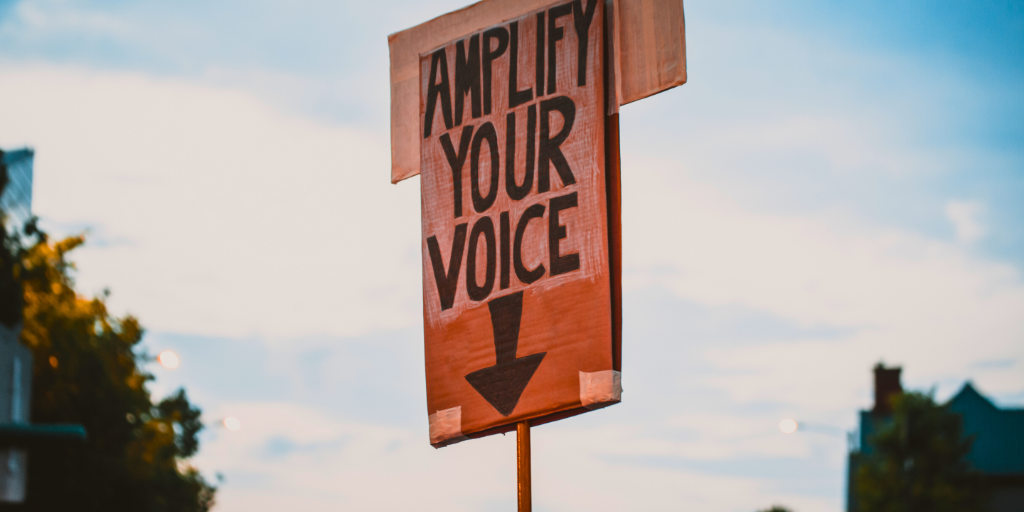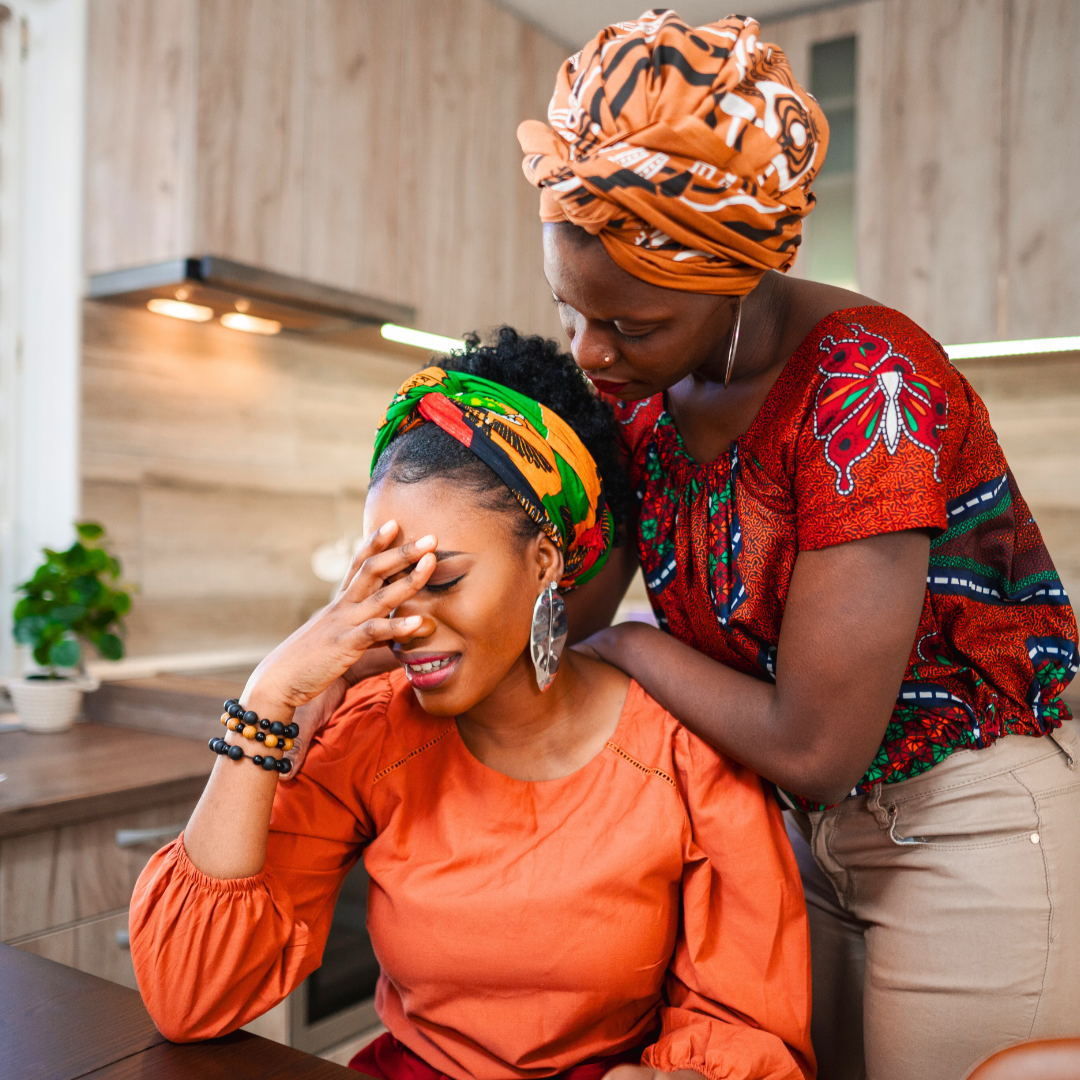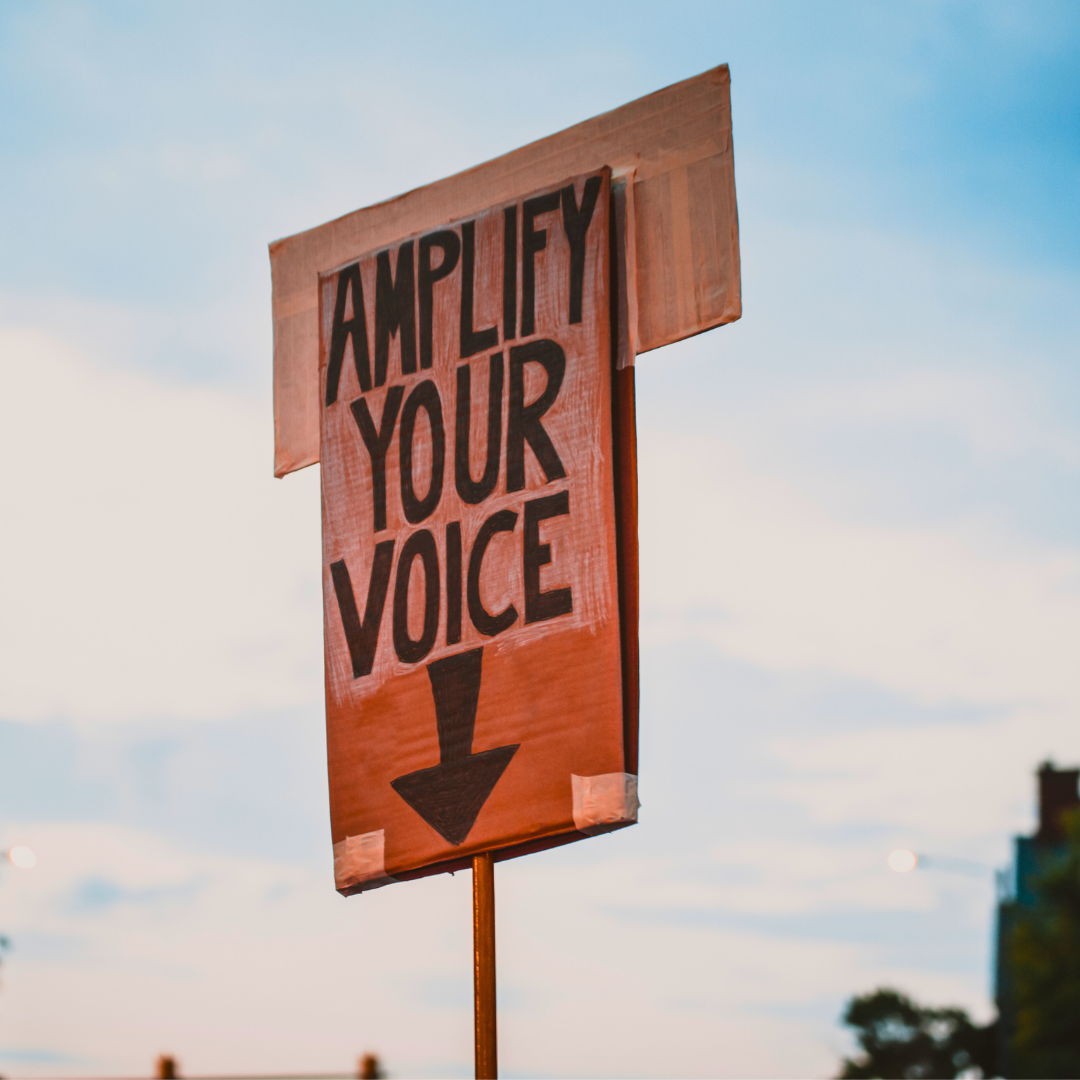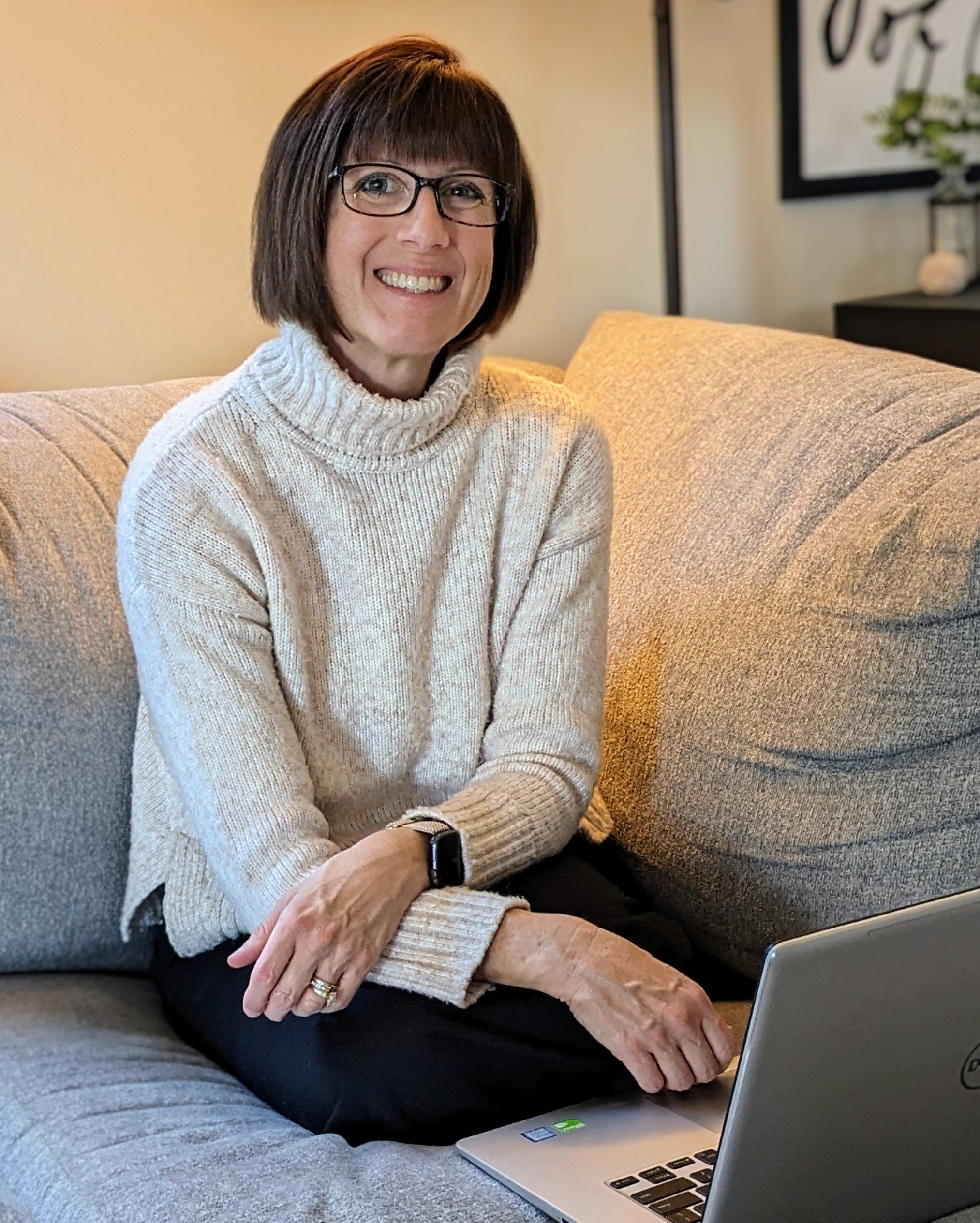
Nicole Johnson imagines what she might say if given the opportunity to chat with a college student on the “other side” of the pro-life debate.
Can we talk?
That’s what I wanted to ask. And I would have been genuine in my request. If you could have heard me over the screaming from you and your college peers, or seen me over the sign you shook in front of my face, I would have asked—can we talk?
A conversation. A back and forth. A sharing of ideas and feelings and experiences. Words exchanged in respect—not judgment. No yelling. No roots in hate. Just hope for something akin to understanding. Questions answered and more questions asked. Thoughts challenged with the goal of coming away informed, enlightened maybe. Not changed. Same you, same me. New perspective. On your side and on mine.
Truth is, I’d really like to understand. Really. Why are you on that side? And why does my being on this side cause you such anger? Or is it fear? Which comes first? Does one fuel the other?
Are you even just a little curious? About why I’m here and on this side? Would you like to know? If I had asked, would you have acquiesced to a quiet conversation? Because given the chance, I’d share with you my story—my experience—my journey that has brought me to this moment in time where I am on one side of this rope and you are on the other—this concrete representation of the divide between two trains of thought and understanding. And I’d want the same from you. If you’d be willing to share; your story—your experience—your journey.

You are young and still have a lot of living to do. Notice how I didn’t say "growing"—but they go hand in hand, whether we fight against it or not. The living part comes at us with each sunrise and sunset—we don’t have much choice in the matter. The growing comes from what we learn while living—what our experiences teach us, how we respond. And I’ve always thought the growing to be a waste if we are not willing to be open and vulnerable and share the lessons with others.
Right now you are on fire for a cause and it feels good because fighting to protect what you see as your right feels invigorating. I get that. Right now you see the future as yours to grab and if a pregnancy should unexpectedly threaten all you have planned, you want to be sure there is a way out. You assume I can’t understand that way of thinking. And you are angered by my judgment. Thing is, I’m not judging you. Really. I can understand any young college student not wanting their life upended with the birth of a child. I’m not angry you are on that side. Far from it. I’m sad. For you and for each of your peers. You are taking a stance without all the information. It’s not your fault. You’ve lived, but you have yet to grow.
Can we talk? Because if you would take a few minutes to converse with me, I’d explain that my personal understanding of the value of each human life began with what I lost at the young and oh-so-naive age of twenty-five. I was twelve weeks along in our first pregnancy, but the doctor estimates our baby passed at about eight weeks gestation. After learning that our baby no longer had a heartbeat, my husband and I were sent home and told to report to the hospital in the morning for a D and C procedure. The doctor warned that “things could start” before the morning and told me to be sure to get up every few hours during the night to let “things” pass.

If I stopped at this point of my story and asked how you would refer to this eight-week-old baby, would you use the commonly accepted term of “clump of cells”? I’m guessing you might, thinking that at eight weeks gestation, there isn’t much to speak of. I guess I would have thought that too. The one thing that separates us here is that I’ve lived it and you haven’t. And because I’ve lived it, I know enough to wish, hope and pray—yes, pray—that it’s something you or the peers standing beside you in solidarity for women’s rights, never have to endure.
The “clump of cells” that left my body that night? Within it, I saw—I held—a perfect, tiny hand. A fully formed hand with five intricately formed fingers, all webbed together. Beautiful. Perfect. Miraculous. Truth is, I’ve never talked about this with anyone. But with you, I’d be willing to share. If, that is, you are willing to listen. The very moment my eyes locked onto the undeniable reality of what we were losing, my life would never be the same.
Twenty-two years later, I continue to mourn the loss of that baby as well as his or her two siblings we would come to lose. The image of that tiny hand is imprinted on my heart and in my memory as if it happened yesterday. I’ve given much thought to what it would have felt like to hold that hand as our child grew; to grasp it in the toddler years to keep him safe, high five it when he grew too cool for hand-holding, to give it a quick, knowing squeeze when he needed a reminder that yes, mama loves him and believes in him. Despite the heartache, I’m endlessly grateful to call these three children mine and to know that each one of their tiny hearts beat beneath mine, if even for a short time.
I wouldn’t share all this with you expecting you to understand the enormity of my loss or to somehow immediately change your position. I certainly couldn’t have pretended to understand it before I lived it. But that is why I’m here—on this side. That is why I’d ask if we could talk.

At some point in our conversation, you might challenge me with the question of how I would respond to a baby diagnosed with a disability before birth. You may ask if I’d make an exception in “cases” such as these, even pushing the claim that it is more humane to end the life of a child who may face challenges, or suffering. I’d tell you no, a diagnosis wouldn’t change my decision. And if you would humor me, I’d pull out my phone and share with you a few pictures of our daughter.
She has Down syndrome. Her birth mother was young. She struggled with mental health, drug use, was unemployed and unprepared to care for a child. She was encouraged by some to end her pregnancy. You might agree that would have been the best course of action. You could claim that my daughter was the perfect candidate; that she fit perfectly into this equation of viability and unfortunately, the sum of all her parts just wasn’t enough to justify life. Today she is twelve years old and she is thriving. Thriving. The number of lives she has touched in her twelve short years is astounding. Astounding.
If you had just a few more minutes to spare, I’d pull up a picture of my cousin who was born with Muscular Dystrophy and has been in a wheelchair her entire life. What you might not understand is that the chair that holds her small body does nothing—nothing—to confine her enormous spirit. The lessons of strength—real strength—genuine joy and mind-boggling perseverance this beautiful young woman has so selflessly and confidently brought to this needy world are nothing short of heroic. Heroic.
Before we parted, as we walked back to our respective sides, I would tell you about my nephew and niece, both born with a genetic disorder that ultimately took their lives—way, way too soon. I never got to hold either one of them, but those that did are forever changed. Wholly and forever changed.
We might shake hands or go so far as to embrace in an uneasy hug. I hope we’d thank one another for the time and the sharing. You might pick up your sign and rejoin your side while I smile and wave goodbye and walk back to mine. Maybe nothing would come of it after all. But if we don’t try, we’ll never know. Maybe—just maybe—with a better understanding of the person on the other side, you may step back from the noise, turn to your peer in protest, and ask, “can we talk?”

Copyright 2023 Nicole Johnson
Images: Canva
About the Author

Nicole Johnson
Wife to a guy she adores and mom to two grown sons and a teenage daughter brought home through the gift of adoption, Nicole loves people and writes to connect with others. To be vulnerable with one another is to grow. Her messy and miraculous faith journey is told in her memoir, My Unexpected Journey, My Surprising Joy. Nicole blogs at NicoleJenniferJohnson.com.


.png?width=1806&height=731&name=CatholicMom_hcfm_logo1_pos_871c_2728c%20(002).png)
Comments